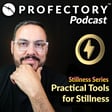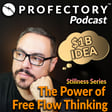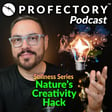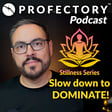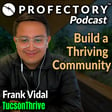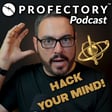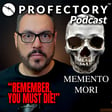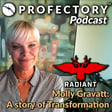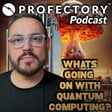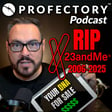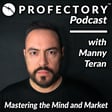
FLASH Decisions & Fastballs: STEM, Sports, and Smarter Thinking with Dr. Ricardo Valerdi
In this episode of The Profectory Podcast - Mastering the Mind and Market, we dive into the story behind the story with Dr. Ricardo Valerdi — professor, engineer, and founder of the groundbreaking nonprofit Science of Sport. What started as a small baseball statistics camp for middle schoolers in Tucson has grown into a national movement partnering with over a third of Major League Baseball, the NFL, NBA, and more.
Ricardo shares how the intersection of STEM, sports, and systems thinking can inspire the next generation to love math and science. He also teases his upcoming book, The Five Tools for Great Decision Makers, a story-driven, actionable framework (acronym: FLASH) designed to help anyone—from students to CEOs—make better decisions in today’s data-driven world.
Tune in for powerful insights on numeracy, decision-making, career advice, and how big trends like esports, AI, and analytics are shaping the future of education and innovation.
